Want to understand ancient Greek music and theatre? Perform it


Want to understand ancient Greek music and theatre? Perform it
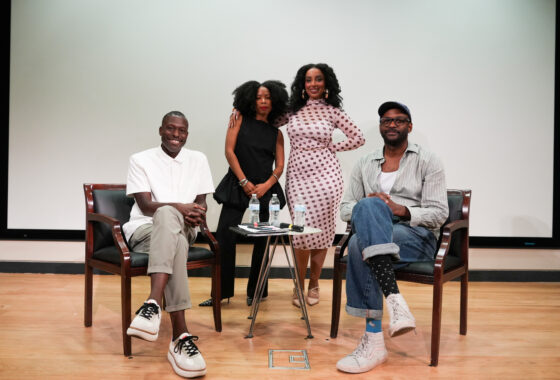
RaMell Ross on the importance of aesthetics
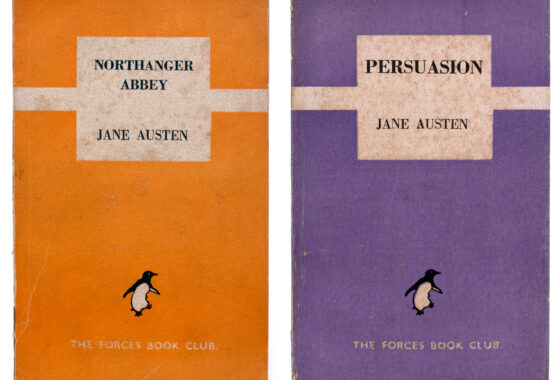
Janine Barchas looks back at 250 years of Jane Austen
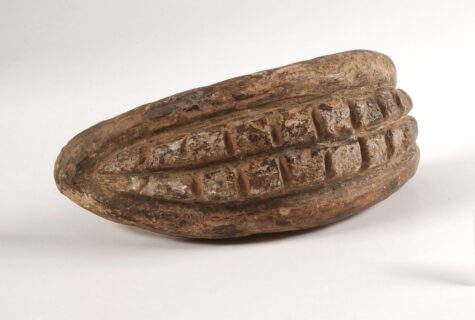
COLA senior Hannah Arulanandam on what ancient teeth can tell us

Michael Tye’s new (Newtonian) approach
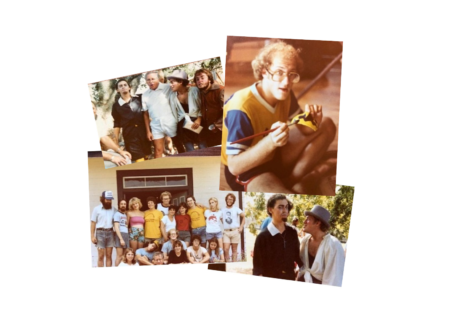
Bruce Meyer wants the show to go on forever
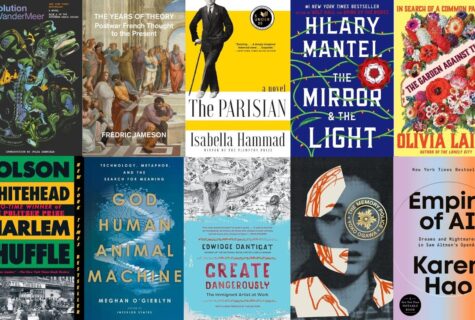
Twelve faculty authors recommend reads for the new year
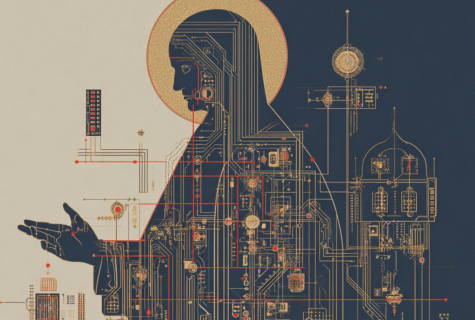
Chad Seales explores the parallels between AI and religion
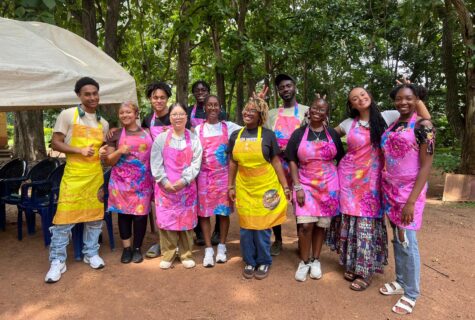
UT’s Yoruba studies program goes beyond grammar to connect students with Yoruba culture in West Africa and the diaspora
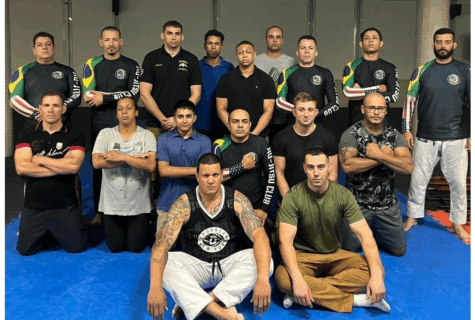
A U.S. Marine’s Journey from São Paulo to UT Austin
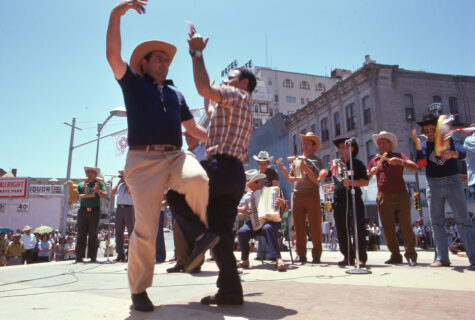
A research project with COLA’s Undergraduate Research Apprenticeship Program explores an often overlooked history

Andrea Gutiérrez explores Indian culture through premodern recipes
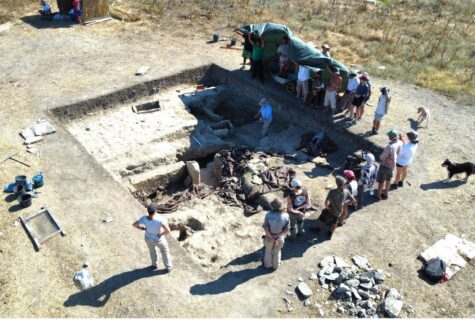
A team of UT Austin researchers look for climate solutions in the deep past

Jennifer Chang on Plato, patriarchy, and her Pulitzer-finalist poetry collection
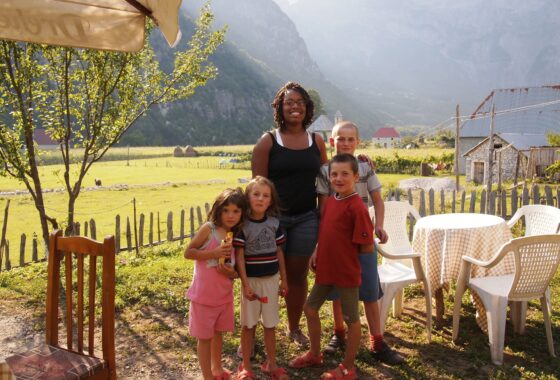
Chelsi West Ohueri explores belonging and the communist afterlife